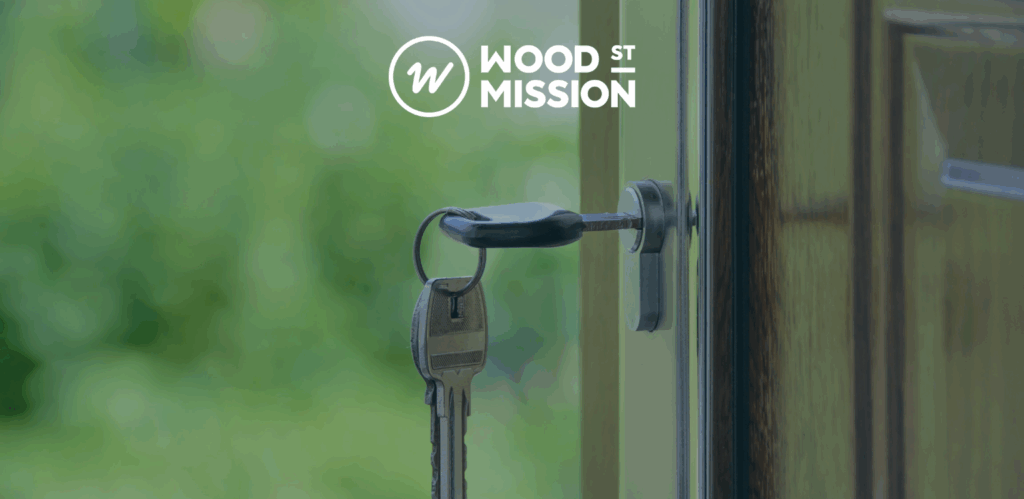
Wait! You’re so close to making a difference.

When we talk about poverty, especially child poverty, the numbers we use aren’t just academic. They tell a story. And how we choose to measure those numbers makes a difference.
You might have heard terms like “before housing costs” (BHC) and “after housing costs” (AHC) in reports or headlines. But what do they actually mean – and why does it matter which one we use?
Before vs After: What’s the Difference?
- Before Housing Costs (BHC):
This measures household income before taking rent, mortgage payments, or other housing costs into account. - After Housing Costs (AHC):
This looks at what’s left over once those essential housing payments are made.
It’s a small distinction on paper – but a huge difference in real life. For many families, housing costs are the single biggest monthly expense. Once that money is gone, what’s left can be painfully tight.
Why After Housing Costs Tells the Real Story
Let’s be honest, nobody lives “before housing costs”. Rent or mortgage payments are non-negotiable. That’s why at Wood Street Mission, we often look at after housing costs data because it reflects what families are actually living on.
And when you do that? The reality becomes even starker.
Recent data shows that areas like Rusholme and Salford constituencies are seeing the highest levels of child poverty in Manchester and Salford after housing costs are accounted for.
Even families who are working, budgeting, and doing everything they can are struggling once housing is paid. That means:
- Less money for food
- No budget for school uniform
- No chance of affording new shoes or a winter coat
- And very little left for birthdays, holidays, or extras that help children feel like they belong
What This Means for Local Children
The impact on children is heartbreaking, not just practically, but emotionally. Children might be turning up to school in shoes that don’t fit, unable to join in on non-uniform days, or skipping meals when cupboards are bare.
When we talk about poverty, we’re not just talking numbers, we’re talking about children’s confidence, their education, their wellbeing.
How Your Support Helps
At Wood Street Mission, we work to bridge that gap. Through projects like Smart Start, we provide school uniforms, coats, shoes and stationery, helping children feel like they fit in, even when times are hard at home.
But the need is growing. And the data, especially after housing costs, proves it.
So next time you see poverty stats, ask: what do these numbers really mean in someone’s life? Because the difference between getting by and going without often starts with what’s left after the rent is paid.
